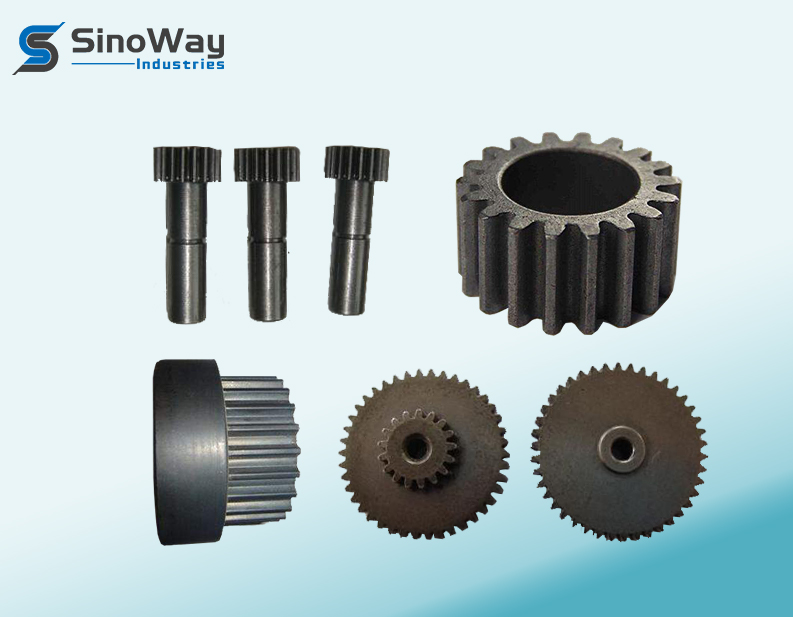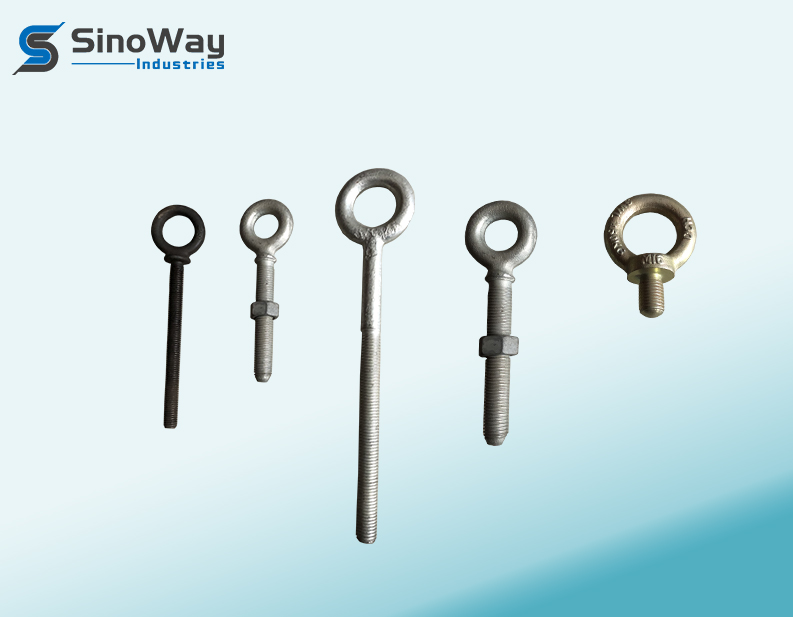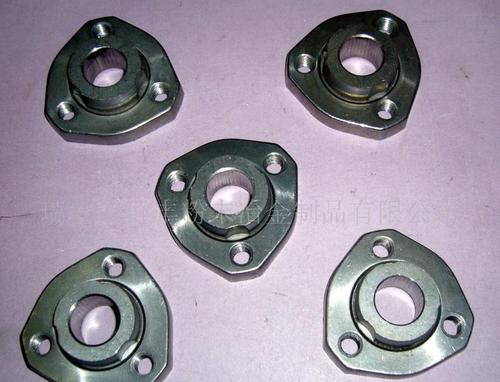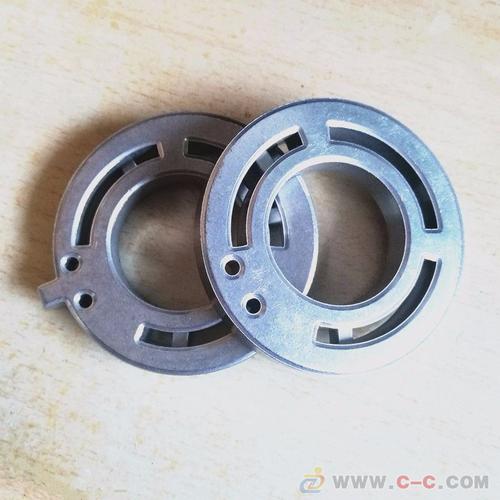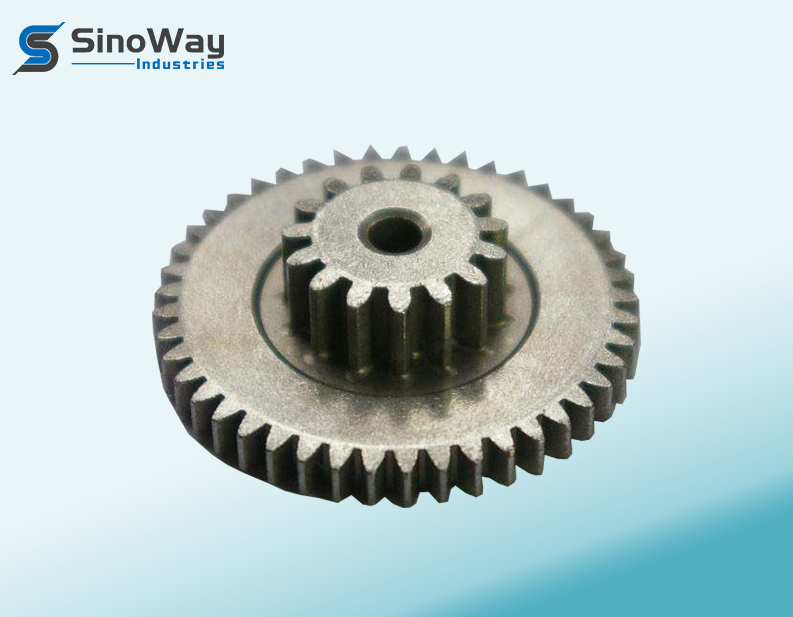In the realm of large-scale manufacturing, the choice of materials and processes plays a crucial role in determining the efficiency, cost-effectiveness, and durability of the final products. Steel casting has emerged as a pivotal process in this regard, offering a plethora of benefits for manufacturers. Sinoway, a leading sheet metal manufacturer, has been at the forefront of utilizing steel casting to enhance its production capabilities. This article delves into the various advantages of steel casting and how Sinoway leverages this process to meet the demands of large-scale manufacturing.
Understanding Steel Casting
Steel casting is a process that involves pouring molten steel into a mold to create a specific shape. This method is favored for its ability to produce complex geometries and intricate designs that would be challenging to achieve through other manufacturing techniques. The versatility of steel casting makes it an ideal choice for industries ranging from automotive to construction.
The Process of Steel Casting
The steel casting process begins with the creation of a mold, which is typically made from sand, ceramic, or metal. Once the mold is prepared, molten steel is poured into it. As the steel cools and solidifies, it takes on the shape of the mold, resulting in a finished product that requires minimal machining. This process is particularly beneficial for producing large, complex components that require high precision and durability.
Benefits of Steel Casting in Large-Scale Manufacturing
Steel casting offers numerous advantages that make it an attractive option for large-scale manufacturing. Here are some of the key benefits:
1. Versatility and Design Flexibility
One of the most significant advantages of steel casting is its design flexibility. Manufacturers can create components with intricate shapes and complex geometries that would be difficult or impossible to achieve with other methods. This flexibility allows for greater innovation in product design and can lead to the development of more efficient and effective products.
2. Strength and Durability
Steel is renowned for its strength and durability, making it an ideal material for components that must withstand high stress and harsh environments. Steel castings are used in applications where reliability and longevity are critical, such as in automotive engines, heavy machinery, and structural components for buildings.
3. Cost-Effectiveness
While the initial setup costs for steel casting can be higher than some other manufacturing processes, the long-term cost benefits are substantial. Steel casting reduces the need for additional machining and finishing, which can significantly lower production costs. Additionally, the durability of steel castings means that products have a longer lifespan, reducing the need for replacements and repairs.
4. Material Efficiency
Steel casting is an efficient process that minimizes waste. The ability to reuse molds and the precise control over the amount of steel used in each casting reduces material waste. This efficiency not only lowers production costs but also contributes to more sustainable manufacturing practices.
Sinoway’s Approach to Steel Casting
As a leading sheet metal manufacturer, Sinoway has embraced steel casting as a core part of its manufacturing strategy. The company recognizes the importance of leveraging advanced techniques to stay competitive in the ever-evolving manufacturing landscape.
Innovative Design Solutions
Sinoway utilizes steel casting to offer innovative design solutions to its clients. By collaborating closely with customers, the company can develop custom components that meet specific requirements. This collaborative approach ensures that the final products not only meet but exceed client expectations in terms of performance and quality.
Commitment to Quality
Quality is a top priority for Sinoway, and the company employs rigorous quality control measures throughout the steel casting process. From the selection of raw materials to the final inspection of finished products, Sinoway ensures that every component meets the highest standards of quality and reliability.
Focus on Sustainability
Sinoway is committed to sustainable manufacturing practices, and steel casting plays a vital role in this commitment. The company’s efficient use of materials and energy in the casting process helps reduce its environmental footprint. Additionally, the durability of steel castings means that products have a longer lifespan, further contributing to sustainability by reducing waste.
Applications of Steel Casting in Various Industries
Steel casting is a versatile process that finds applications across a wide range of industries. Here are some of the key sectors that benefit from steel casting:
- Automotive Industry: Steel castings are used in the production of engine components, transmission parts, and suspension systems, where strength and precision are paramount.
- Construction Industry: Steel castings are employed in the construction of bridges, buildings, and other infrastructure projects, providing the necessary strength and durability.
- Energy Sector: Steel castings are used in the production of turbines, pumps, and other components for power generation and oil and gas exploration.
- Aerospace Industry: The aerospace sector relies on steel castings for critical components that require high strength-to-weight ratios and resistance to extreme conditions.
Challenges and Considerations in Steel Casting
While steel casting offers numerous benefits, there are also challenges and considerations that manufacturers must address. These include:
1. Complexity of Design
While the ability to create complex designs is a significant advantage of steel casting, it also presents challenges in terms of mold creation and quality control. Manufacturers must ensure that molds are designed and constructed with precision to avoid defects in the final product.
2. Cost of Raw Materials
The cost of raw materials, particularly high-quality steel, can be a significant factor in the overall cost of steel casting. Manufacturers must carefully manage material costs to remain competitive while maintaining quality standards.
3. Environmental Impact
While steel casting can be an efficient process, it also has potential environmental impacts. Manufacturers must implement sustainable practices to minimize energy consumption and emissions during the casting process.
Future Trends in Steel Casting
As industries continue to evolve, the steel casting process is also expected to undergo significant advancements. Some of the future trends in steel casting include:
1. Advanced Materials
Research and development in advanced materials are likely to lead to the creation of new steel alloys with enhanced properties. These materials could offer improved strength, corrosion resistance, and other beneficial characteristics for specific applications.
2. Automation and Robotics
The integration of automation and robotics in the steel casting process is expected to increase efficiency and precision. Automated systems can enhance quality control, reduce labor costs, and improve overall production speed.
3. Sustainable Practices
As environmental concerns continue to grow, manufacturers will increasingly focus on sustainable practices in steel casting. This includes the use of recycled materials, energy-efficient processes, and waste reduction strategies.
Conclusion
Steel casting is a vital process in large-scale manufacturing, offering numerous benefits in terms of design flexibility, strength, durability, and cost-effectiveness. Sinoway, as a leading sheet metal manufacturer, has successfully harnessed the power of steel casting to meet the demands of various industries. By focusing on quality, innovation, and sustainability, Sinoway continues to set the standard for excellence in steel casting.
As technology advances and industries evolve, the future of steel casting looks promising. With ongoing research and development, manufacturers can expect to see even more innovative applications and enhanced processes in the years to come. Steel casting will undoubtedly remain a cornerstone of large-scale manufacturing, driving progress and innovation across multiple sectors.


